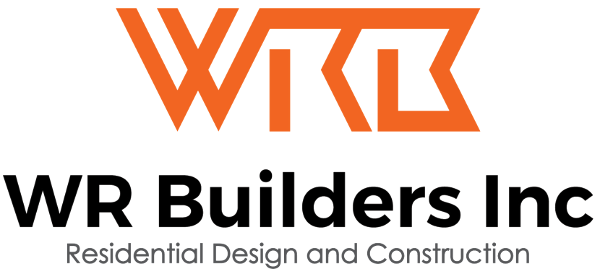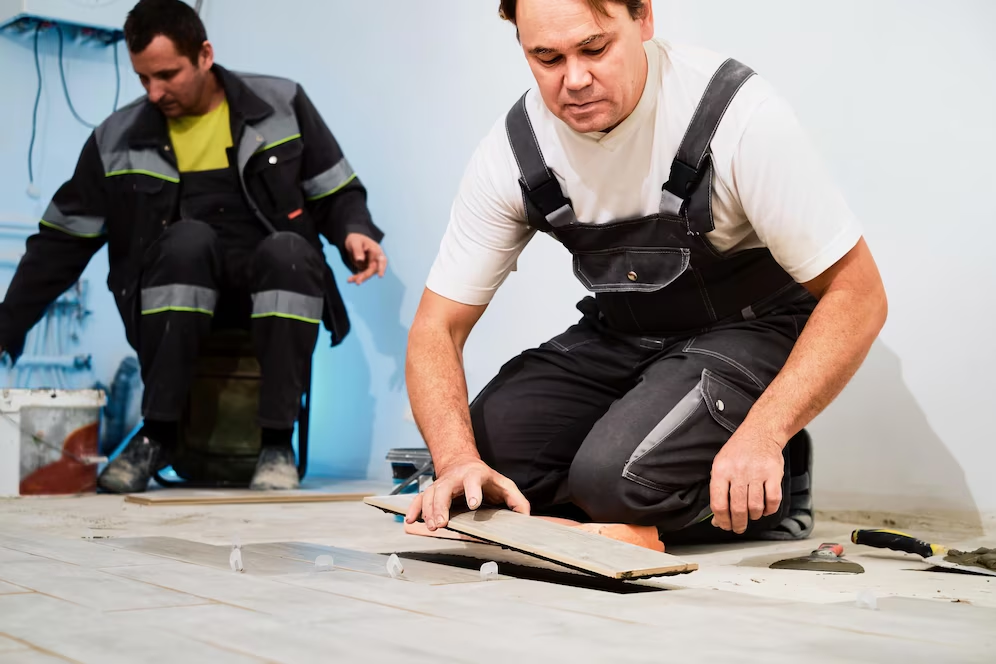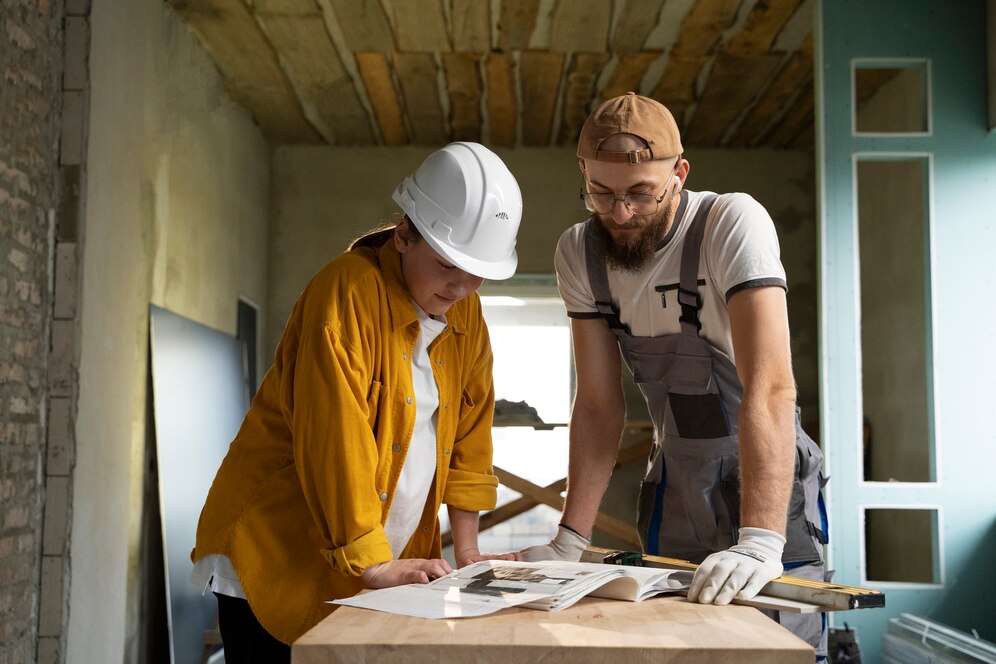
Basement renovations are one of the most impactful ways to add functional space and boost your home’s value, especially in a state like Massachusetts, where homeowners must navigate unique climate challenges. As an experienced Massachusetts general contractor, I’m here to walk you through what to expect and how to make the most of your basement transformation. From essential pre-planning steps to design ideas and budgeting, this guide will cover everything you need to know to confidently tackle a basement renovation project.
Why Renovate Your Basement in Massachusetts?
A basement remodel is more than just a home upgrade—it’s a way to tap into underutilized square footage for various purposes. Think about it: whether you’re adding a cozy family room, a dedicated office, a gym, or even a rental suite, a finished basement can serve just about any need. And because Massachusetts winters can be long and chilly, having additional indoor space to enjoy year-round can make a big difference.

Key Considerations Before Starting a Basement Renovation
Local Building Codes and Permits
Before jumping into the renovation process, it’s essential to check local building codes and obtain the necessary permits. Massachusetts has strict building regulations for basement projects, especially regarding safety and livability. For instance, if you’re adding a bedroom, it needs to have an egress window or door that leads directly outside in case of emergencies. You’ll also need to confirm that your renovation meets state requirements for ceiling height, electrical safety, and insulation.
Most reputable contractors can help with this, but it’s always a good idea to have a basic understanding of what’s required to avoid unnecessary delays.
Moisture Control and Waterproofing
Basements are naturally prone to moisture issues, particularly in Massachusetts, where heavy rains and snowmelt can lead to dampness or even flooding. Before you start framing or finishing, make sure your basement is properly waterproofed. Here are a few effective moisture control methods:
- Vapor Barriers: A vapor barrier is essential to keep moisture from seeping through walls and floors.
- Sump Pump Installation: If your basement is particularly prone to flooding, a sump pump can prevent water from pooling.
- French Drain Systems: These drains redirect water away from your foundation and help keep your basement dry.
Taking these steps upfront can save you from future headaches, like mold growth or water damage to newly finished walls and floors.
Insulation and Energy Efficiency
Massachusetts winters are no joke, so insulation is key to keeping your basement comfortable and energy-efficient. Spray foam, rigid foam, and fiberglass are all solid options for insulating basement walls. Pay special attention to the floors, too—adding a subfloor with foam or insulated panels can help reduce heat loss and make the space feel cozier.
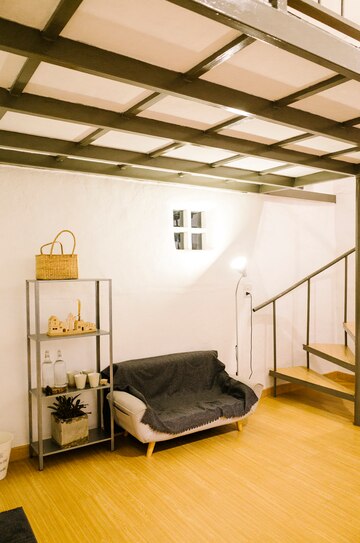
Popular Basement Renovation Ideas in Massachusetts
Home Office
Since remote work has become a permanent feature in many people’s lives, the demand for home offices has skyrocketed. A basement office offers a quiet, private space where you can focus without the distractions of daily household activity. Some design tips for an effective home office:
- Good Lighting: Basements often lack natural light, so invest in bright LED fixtures and desk lamps.
- Soundproofing: Consider adding insulation or soundproofing panels to minimize noise from the rest of the house.
- Storage Solutions: Add shelving or built-in cabinets to keep your work organized and clutter-free.
Guest Suite or In-Law Apartment
A guest suite or in-law apartment is one of the best ways to add functional living space to your basement. Massachusetts zoning laws may require additional permits or inspections for adding a bathroom or kitchenette, but it’s well worth it if you’re hoping to create a comfortable space for family members or occasional guests.
- Egress Requirements: As mentioned earlier, any sleeping area needs an egress for fire safety.
- Separate Entrance: Adding a separate entrance can increase privacy for guests.
- Bathroom Addition: Installing a bathroom in the basement may require additional plumbing work, but it greatly enhances the functionality of the space.
Home Theater or Entertainment Area
If you’re dreaming of a space where you can host movie nights or watch the game, a basement home theater might be perfect for you. Basements are naturally quiet, making them ideal for a home theater setup.
- Acoustic Insulation: To create a theater-like experience, add soundproofing or acoustical panels.
- Ambient Lighting: Avoid harsh lights; instead, use dimmable lighting or wall sconces for a cozy atmosphere.
- Seating Options: Consider installing theater-style seating or cozy recliners for the full experience.
Home Gym or Fitness Area
A home gym is a fantastic use for basement space, especially if you’re looking to avoid gym memberships or crowded fitness centers.
- Durable Flooring: Rubber or foam flooring works well for gyms and absorbs impact and noise.
- Ventilation and Temperature Control: Basements can get humid, so ensure you have proper ventilation and temperature control.
- Storage for Equipment: Install racks or cabinets to store weights, yoga mats, and other workout gear.

The Basement Renovation Process
Step 1: Initial Assessment and Planning
An initial assessment with your contractor will address crucial elements such as layout, electrical needs, plumbing, and potential challenges. At this stage, we evaluate the basement for any issues like moisture, foundation cracks, or low ceilings.
Step 2: Design and Layout
Once the assessment is complete, it’s time to design the space to fit your needs. Whether you’re going for an open concept or individual rooms, this is where the vision starts to come together. It’s also when you’ll choose finishes like flooring, paint, and lighting.
Step 3: Electrical, Plumbing, and HVAC Considerations
If you’re adding amenities like a bathroom, kitchen, or even just lighting and heating, it’s important to make sure all the wiring and plumbing is up to code. Massachusetts winters can make basements cold, so consider adding additional heating or upgrading your existing system for year-round comfort.
Step 4: Finishing Touches
Now comes the fun part! Once the basics are done, it’s time to add flooring, paint, and any other decorative elements. Choose durable, moisture-resistant materials like vinyl plank flooring or treated carpet tiles to ensure longevity.

Budgeting and Financing Options for Basement Renovations
Average Costs and Factors Affecting Pricing
The cost of a basement renovation in Massachusetts can vary widely based on the scope of work, but you can expect to spend anywhere from $20,000 to $60,000 for a mid-range remodel. Here are some key factors that impact pricing:
- Size of the Basement: Larger spaces require more materials and labor.
- Complexity of Design: Adding a bathroom, kitchenette, or custom features will increase costs.
- Material Choices: Higher-end finishes like hardwood or custom cabinetry add to the budget.
Financing Options
If you need financing for your renovation, here are some options to consider:
- Home Equity Loans: These loans let you borrow against your home’s equity, often at a lower interest rate.
- Personal Loans: Some homeowners prefer unsecured personal loans if they don’t want to tap into home equity.
- Cash-Out Refinance: This option allows you to refinance your mortgage and take out cash for renovations.
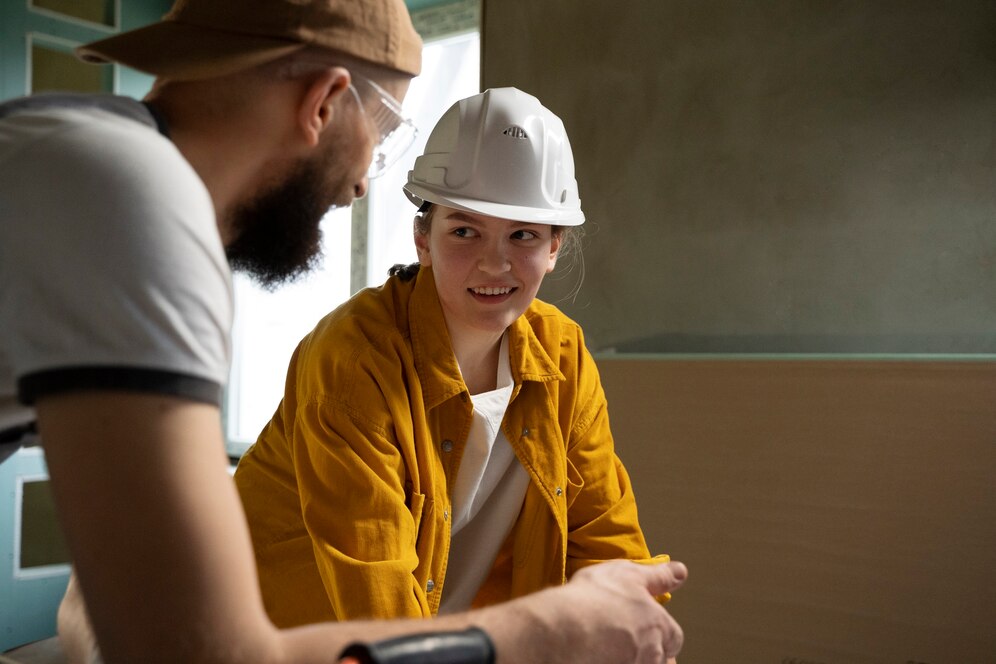
Working with a Massachusetts General Contractor
Finding the Right Contractor
Choosing a reputable contractor is essential for a successful basement renovation. Look for someone with experience in Massachusetts building codes and a solid track record with basement projects. Don’t hesitate to ask for references or check online reviews.
Questions to Ask Your Contractor
To ensure you’re on the same page with your contractor, here are some questions to ask:
- How long will the renovation take?
- What potential challenges do you anticipate?
- Are permits included in the estimate?
- What warranties or guarantees do you offer?

Frequently Asked Questions
How long does a basement renovation take in Massachusetts?
A typical basement renovation takes between 6-12 weeks, depending on the complexity and any permitting requirements.
What are the best materials for basement flooring?
Vinyl, tile, and treated carpets are ideal due to their moisture resistance and durability.
Is it worth adding a bathroom to a basement renovation?
Adding a bathroom increases functionality and home value but requires careful planning around plumbing and permits.
How do I keep my basement warm in the winter?
Proper insulation and heating are key. Consider radiant floor heating or baseboard heaters for optimal comfort.
Conclusion
A basement renovation is one of the best investments you can make in your Massachusetts home. With the right planning, materials, and contractor, you can transform your basement into a space that’s comfortable, versatile, and valuable. Ready to get started? Contact an experienced Massachusetts contractor to bring your vision to life and make the most of your home’s hidden potential.
“Ready to transform your basement? Contact us today for a consultation and let’s bring your basement renovation vision to life!”
